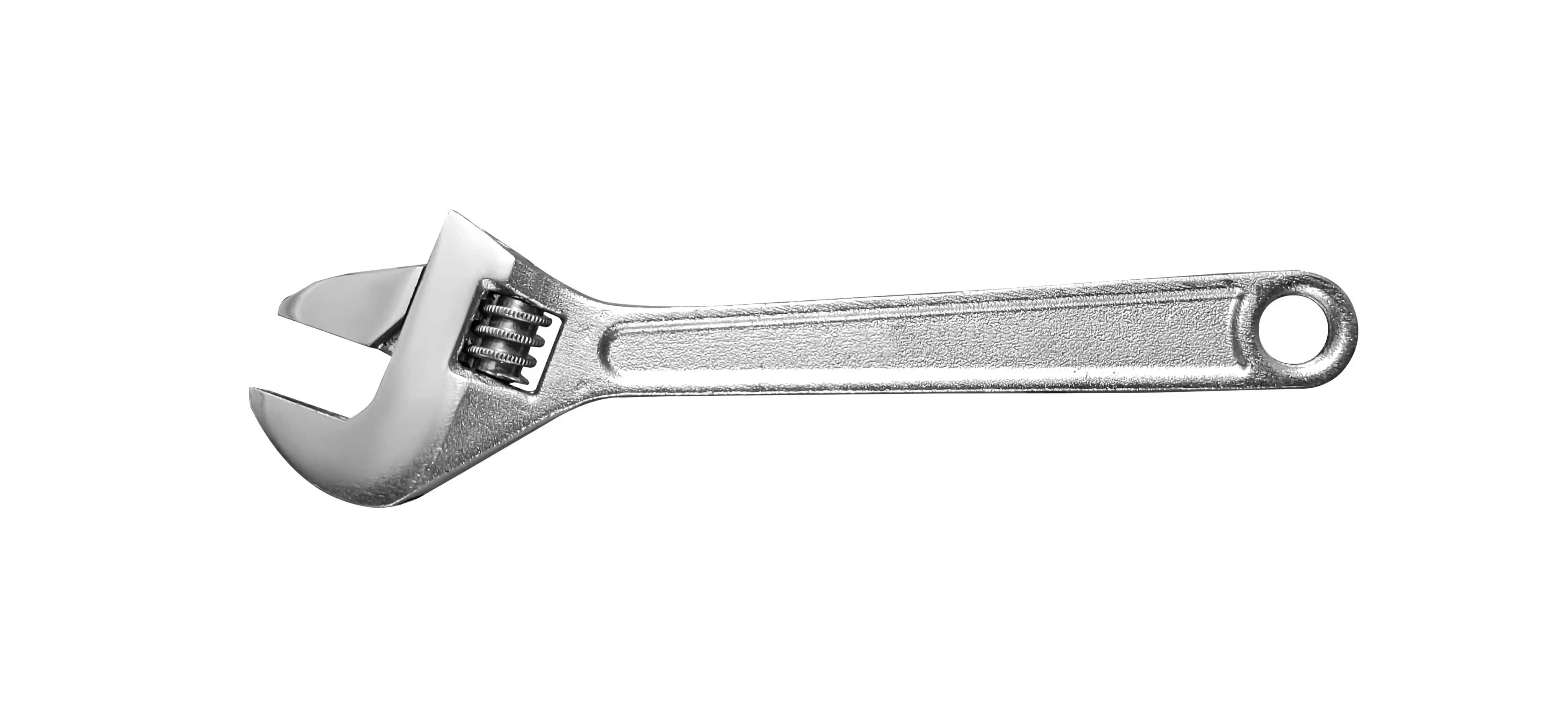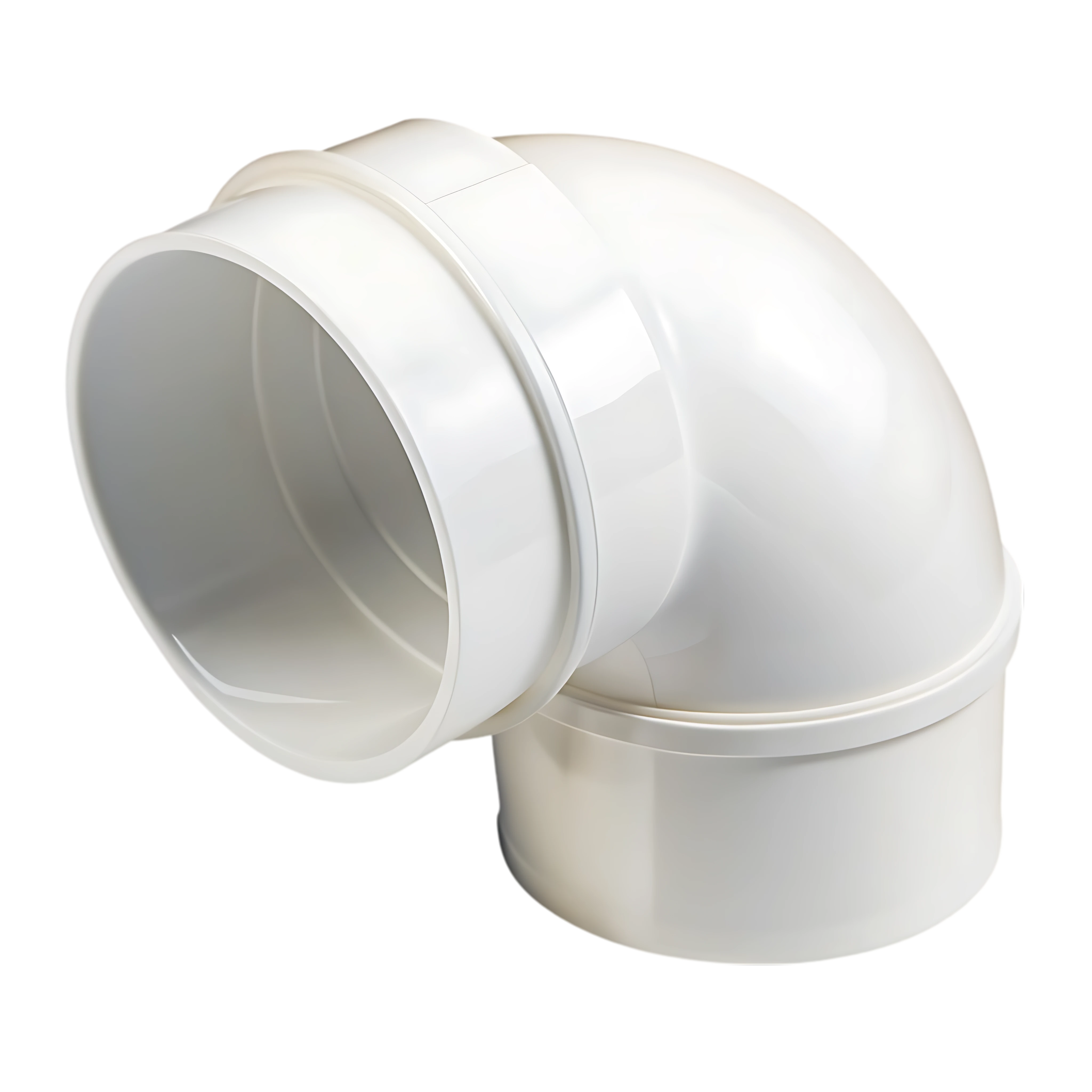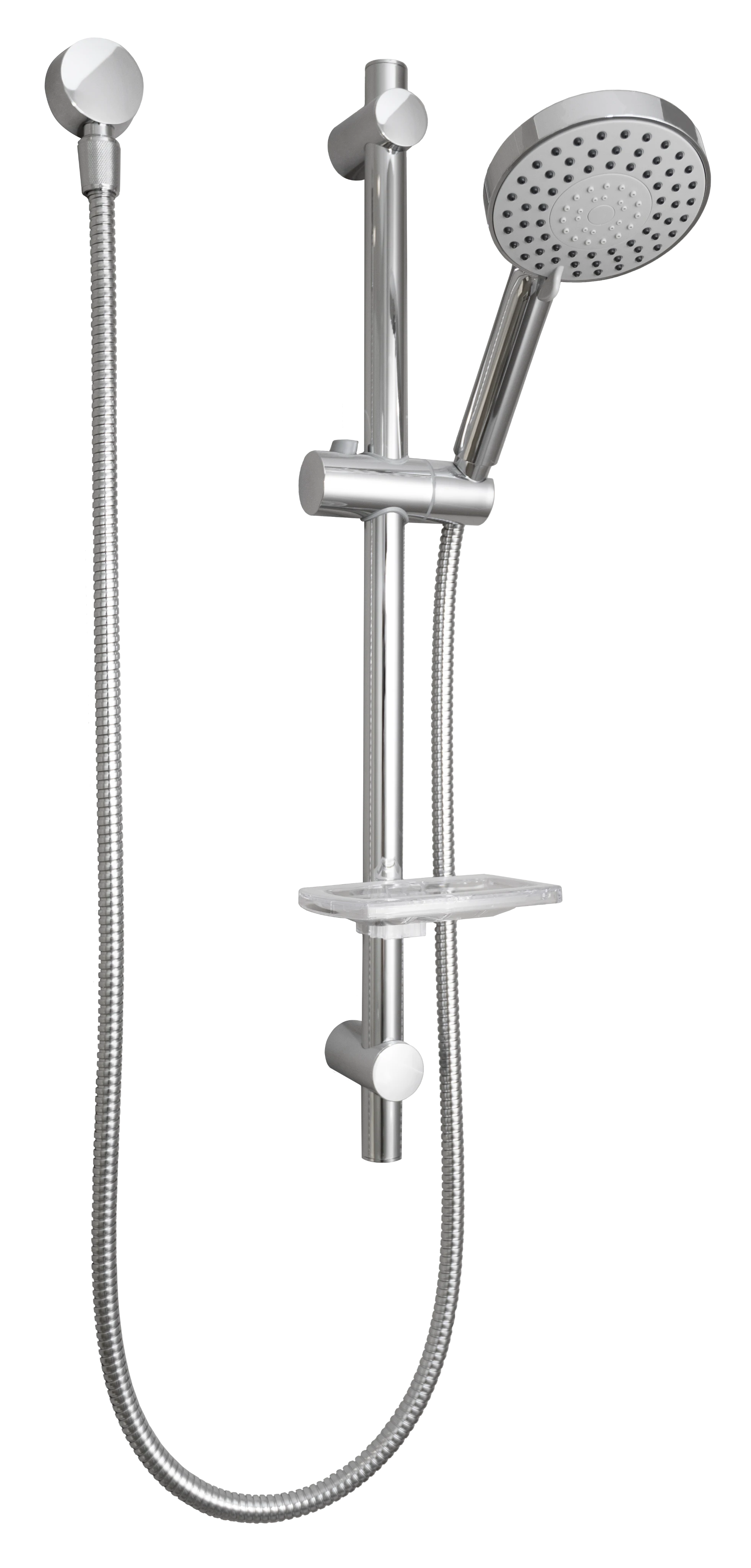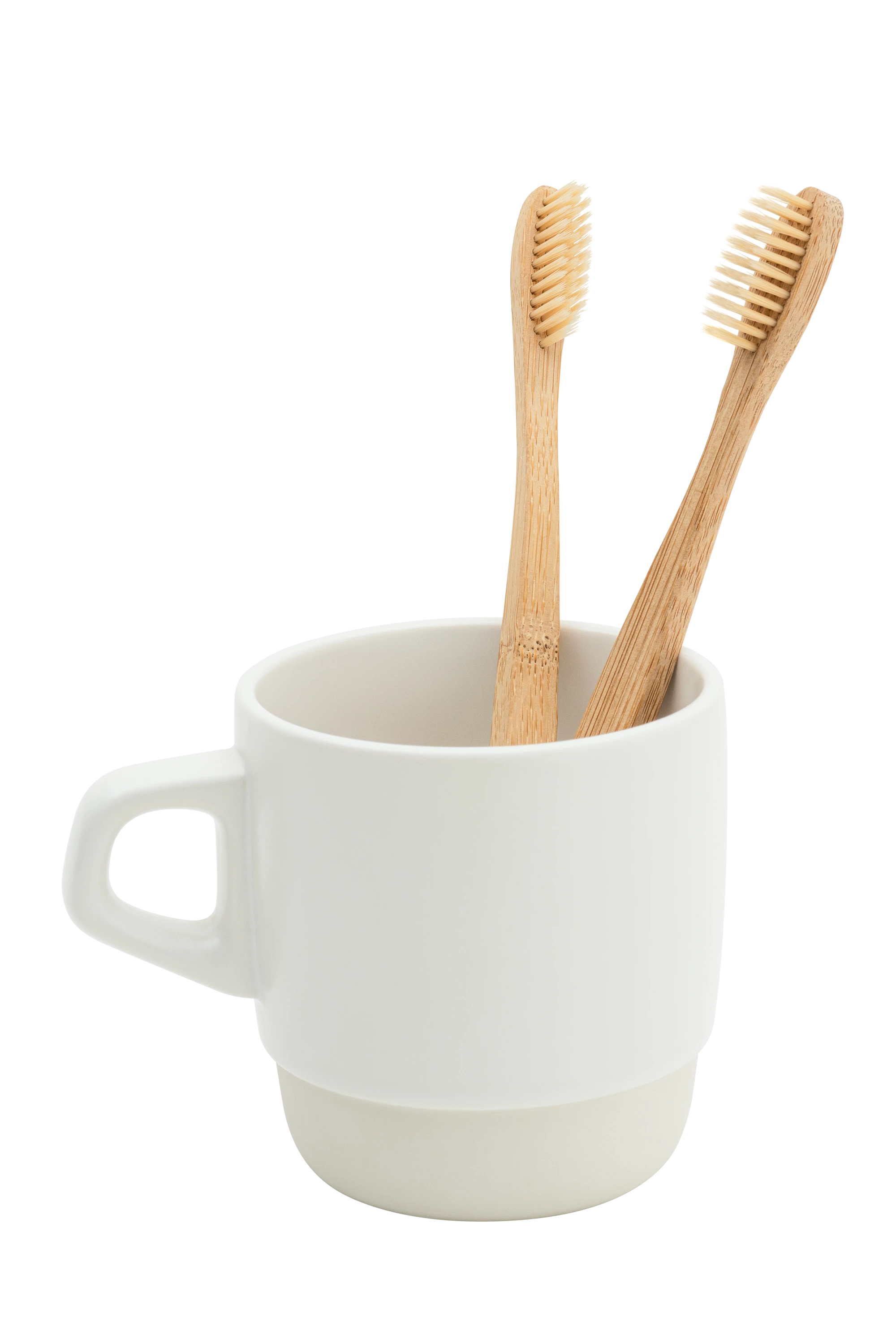Don't risk unlicensed work in your home.
overview
Why is it important to hire a licensed plumber, gasfitter or drainlayer?
If they’re not licensed, their work may not be safe.
Unlicensed plumbing, gasfitting and drainlaying work can lead to expensive repairs, safety hazards, and legal disputes. Unlicensed work may not be protected by insurance, and you may be left to cover the full cost of damage if things go wrong. Don’t risk costly and dangerous mistakes in your home.


Did you know some people advertise plumbing, gasfitting and drainlaying services even though they are not licensed or authorised to do this work. Using unlicensed people can create serious financial, health, safety, and insurance risks. Because this work involves real dangers, it must be done by trained professionals who are licensed to carry it out. Always hire a licensed plumber, gasfitter or drainlayer. It’s the best way to protect your home, your whānau, and your community.
If your Gasfitter is unlicensed, the work may not be safe.

what's at risk
Don’t risk a small job turning into a bigger disaster.
safe.
legal.
insured.


faqs
Ensure the people carrying out work in your home are licensed to do so.
What is a licence?
A licence means that a plumber, gasfitter or drainlayer is legally allowed to carry out plumbing, gasfitting and/or drainlaying work in New Zealand.
Licences must be renewed every year. This matters because it means the person you hire has:
— kept up to date with the latest industry rules and safety standards
— completed their required professional development
— passed a “fit and proper” check to confirm they are suitable to carry out the work
Always ask to see their licence before they start work. If they don’t have one, they are not legally allowed to do plumbing, gasfitting or drainlaying.How do I know if who I hire is licensed?
You can check that any plumber, gasfitter or drainlayer in New Zealand is licensed on the public register. You will need to search their first and last name – the register doesn’t recognise business names.
In the search results, check the far-right column has a tick and/or is green for your practitioner. This means they hold a current licence to practise.
A licensed plumber, gasfitter or drainlayer will also be able to show you a copy of their current licence. This can either be a physical card or a digital card that is displayed via our PGDB app.
Check the expiry date on the card to make sure it’s current.How do I find a licensed plumber, gasfitter or drainlayer near me?
You can search by name, suburb, town/city and postcode on the register for a licensed plumber, gasfitter or drainlayer near you.
The register doesn’t hold specific business information, but there are contact details for licensed plumbers, gasfitters and drainlayers.What’s the difference between registration and holding a licence?
Registration is the first step into the trade. It shows your plumber, gasfitter or drainlayer has the right training and skills to call themselves a plumber, gasfitter or drainlayer. They must be registered before they can apply for a licence.
A licence is what allows them to actually do the work. Licences must be renewed every year. When your plumber, gasfitter or drainlayer holds a current licence, it means they:
— are up to date with the latest safety and quality standards
— have completed their professional development
— have passed the "fit and proper" person checks.
Always check that your plumber, gasfitter or drainlayer has a current licence before they start work in your home.What is the licence register?
The licence register is the source of truth of who holds a current licence to practise plumbing, gasfitting and drainlaying in New Zealand.
The register also lists people who have previously held a licence and don’t hold a current one.What do the different licence types mean?
We've developed a guide to explain the different licence types.
Who are the Plumbers, Gasfitters and Drainlayers Board?
The Plumbers, Gasfitters and Drainlayers Board was established in 1912 to protect the health and safety of the New Zealand public. The Board does this by ensuring plumbers, gasfitters and drainlayers are competent to carry out restricted work.
The Board is responsible for the examinations, registration and licensing of plumbers, gasfitters and drainlayers.
Don't risk a small job turning into a bigger disaster.
Not all work is for all hands.
resources
Learn more about safe and compliant work in your home.
Trainee vs Certified vs Restricted. What’s the difference?
get involved
Support the campaign. Help to raise awareness of using a licensed practitioner.



